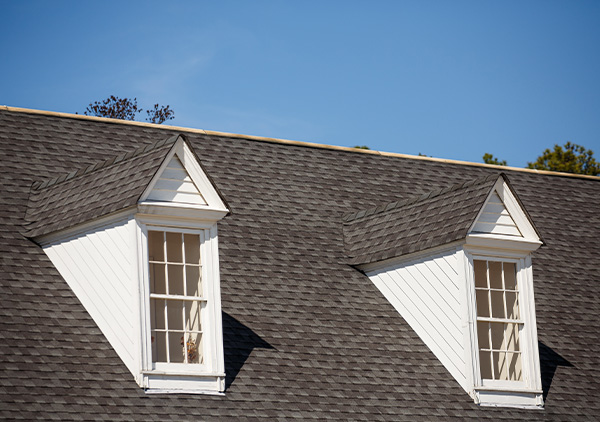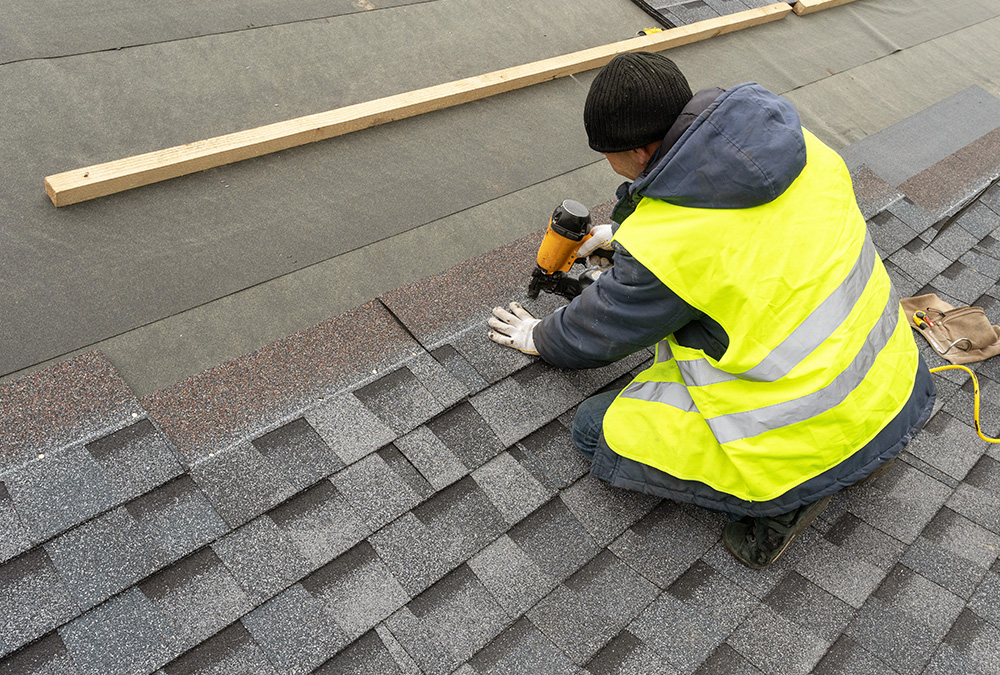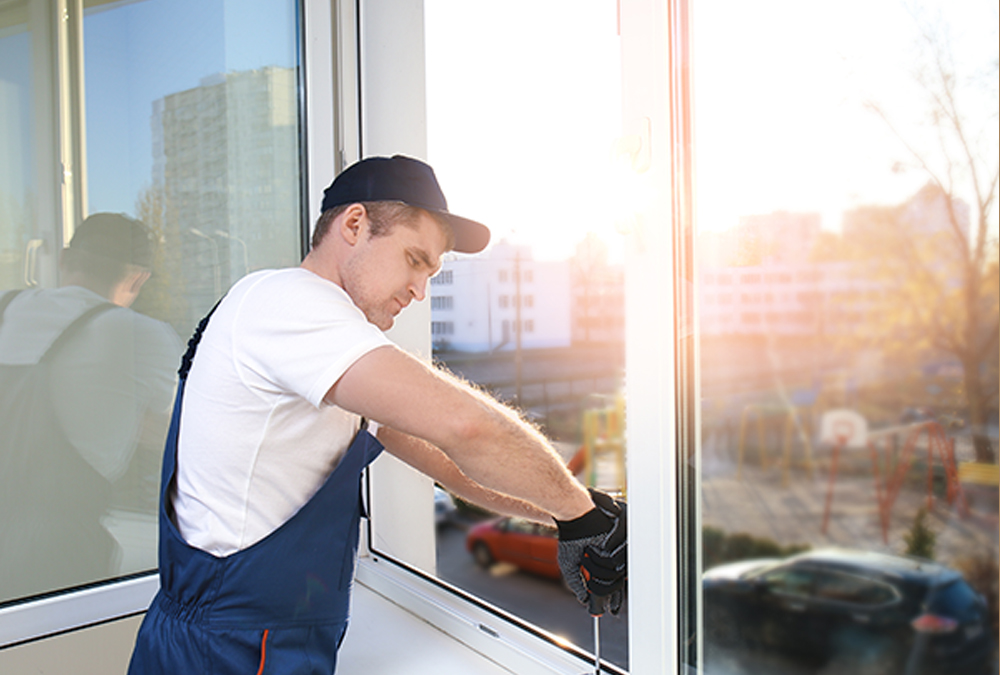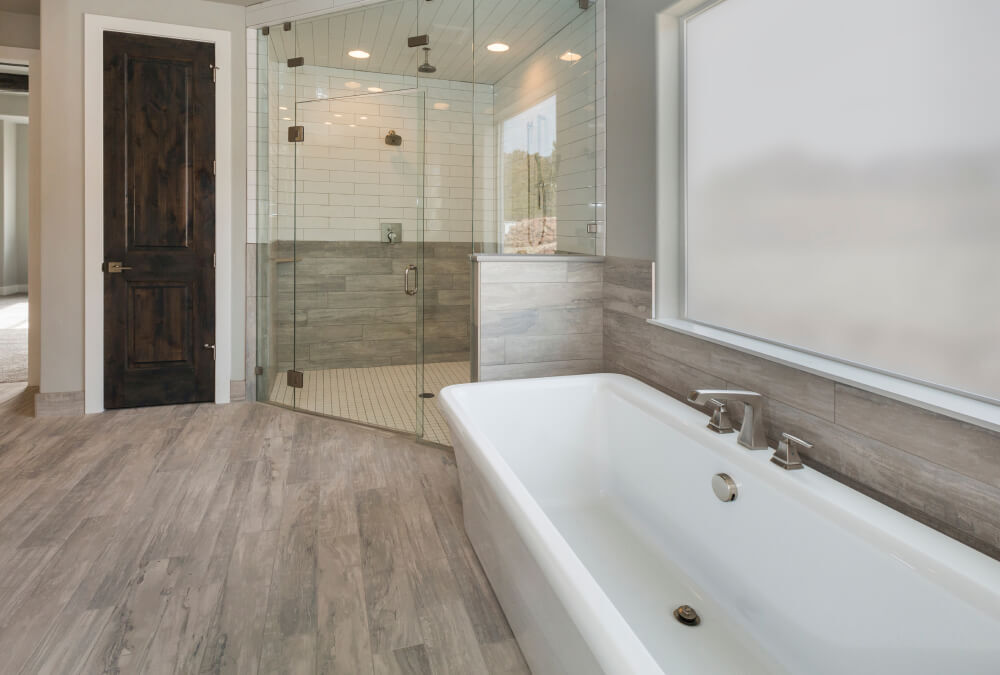Secure your home from hurricanes with top-notch roofing
Florida homeowners know how to be prepared for hurricane season by covering windows and storing furniture in the garage. However, they often overlook the most important part of the house and the one that protects from high winds: the roof.
That’s why it’s essential to be prepared and know that you can count on the best roofing for hurricanes, made of quality materials to withstand strong impacts and high wind speeds.
Our roofing specialists at Pic Home Pros bring you these tips so that, when it comes time to replace your roof, you’ll know which materials are ideal for protecting your home from incoming hurricanes. Take note!
What type of roof is best in a hurricane?
Appearance isn’t the only thing to consider when choosing a new roof. There are other factors to take into account so that your home is well protected from wind and other kinds of impact, especially if you live in Florida and have to deal with hurricanes.
For example, you should consider the roofing material, longevity and durability, among other important things. Let’s take a look at the best roofing for hurricanes.
In addition to metal roofs and ceramic tile roofs, one of the best and most popular options for protecting homes from high winds are asphalt shingles.
This type of shingles is inexpensive, durable and very resistant to harsh weather conditions and fire, among other things. In addition, they are easy to install, have a great lifespan and look great.
These shingles are made of fiberglass sandwiched between asphalt and ceramic particles. The asphalt material makes the roof covering waterproof and the fiberglass adds strength.
There are many different types of asphalt shingles. Three-tab shingles are the least expensive and have a wind resistance of 60 mph, making them a less ideal option for hurricane-prone areas.
However, architectural or laminated shingles are thicker than three-tab shingles and can withstand winds up to 150 mph. They can last up to 50 years if properly installed and maintained.
They also have other benefits such as:
They’re recyclable:
Asphalt shingles are environmentally friendly – did you know that you can remove old shingles from your roof and send them off to be recycled? The recycled shingles will be used for other purposes, such as road construction.
Versatility:
These shingles can be used as roofing for numerous roof angles, shapes and sizes.
Energy efficiency:
Asphalt shingles help reflect infrared radiation from the sun, keeping the home cool. This allows the home’s inhabitants to use slightly less energy to maintain the temperature of their house during hot, sunny days.
Numerous designs:
They are manufactured in a wide range of colors and styles, including organic or fiberglass varieties, which have a longer warranty. Thus, homeowners have several options to choose from and can pick the one that best suits their property and tastes.
In conclusion, traditional asphalt shingles are unique and there are plenty of reasons to opt for them when it comes to protecting your home from strong winds.
Remember, it’s always best to get informed first!
More tips to protect your home from hurricanes
In addition to the roofing material, you should consider the following recommendations to protect your home from hurricanes:
Roof shape
The slope and shape of your roof can also influence its performance in strong winds; the steeper the slope, the better its resistance.
Therefore, a hipped roof is the most advisable for these areas, since it has four different slopes. In addition, the ideal roof pitch should be 30 degrees because it helps prevent winds from passing under the roofing material and lifting it up.
Pressure points
You need to pay close attention to areas of the roof where pressure could build up. Take special care when installing these areas to make sure they won’t be damaged in a hurricane.
Type of straps and fasteners
Hurricane straps are required on all new construction in Florida. They are made of galvanized or stainless steel and are designed to secure the roof to the walls or foundation of the property in the event that high winds cause the roof to lift.

Credit: Shutterstock
Keep in mind that a hurricane-resistant roof, whatever material it’s made of, should always be installed by professionals; they know the layout of the roofing panels and how to fasten them together with the right accessories.
And remember, a home prepared for incoming hurricanes is a safe space.




